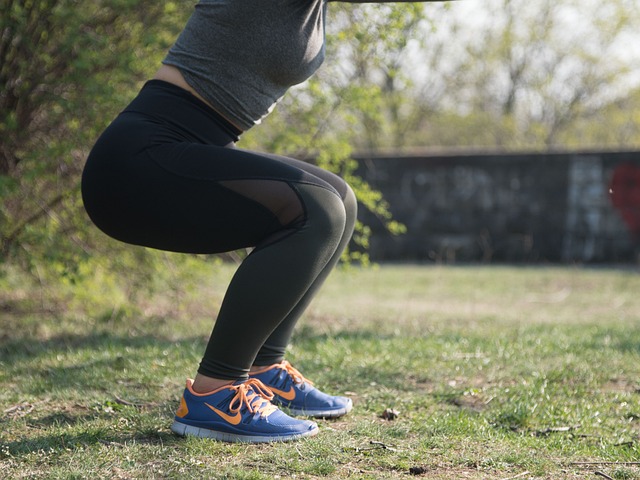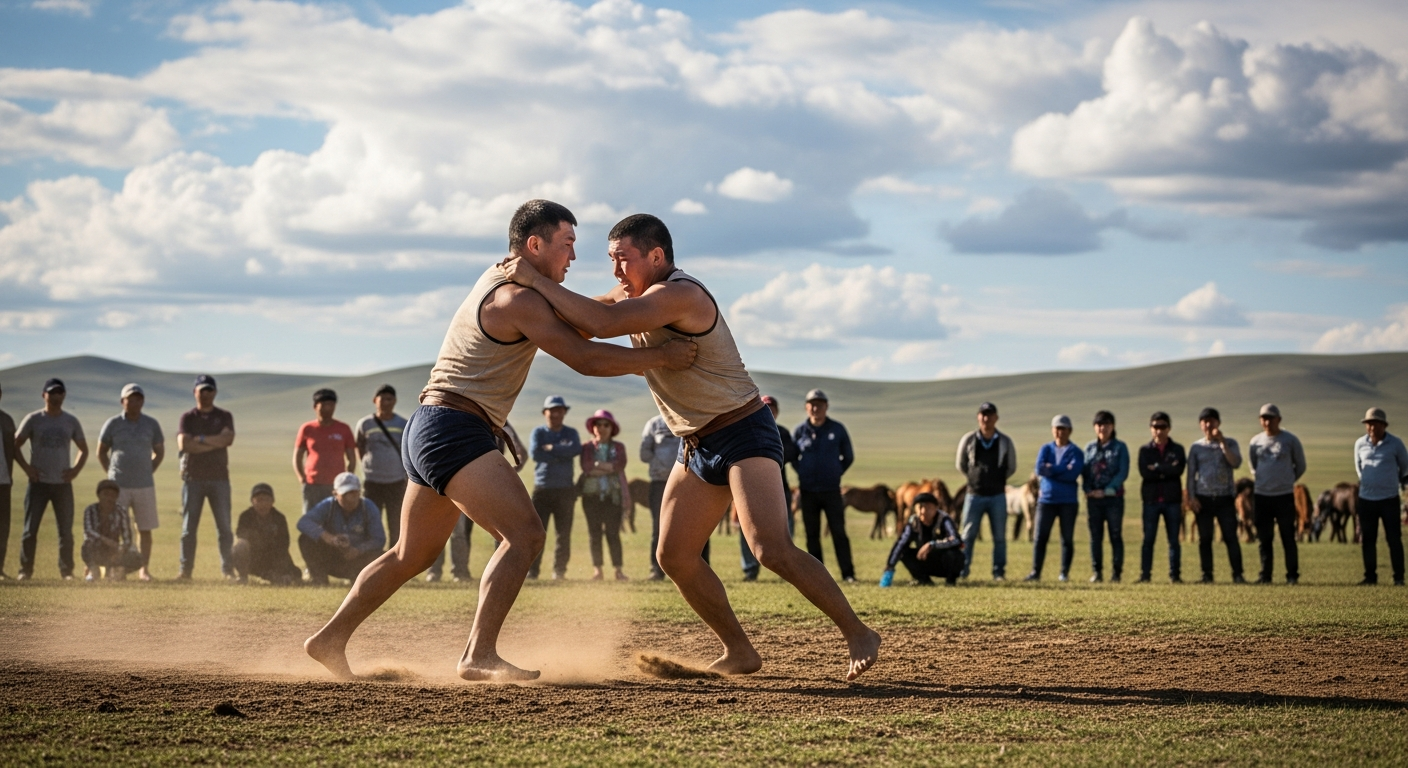Chrono-Exercise: Timing Your Workouts for Optimal Health
Discover the revolutionary approach to fitness that synchronizes your exercise routine with your body's natural rhythms. Chrono-exercise, a cutting-edge concept in the world of health and wellness, is transforming how we think about physical activity. But what exactly is chrono-exercise, and how can it enhance your overall well-being?

Research in chronobiology has revealed that our bodies respond differently to exercise depending on the time of day. For instance, muscle strength tends to peak in the late afternoon, while fat metabolism is often more efficient in the morning. Understanding these fluctuations can help us tailor our workouts for optimal performance and health outcomes.
Timing Your Workouts: Morning vs. Evening
The debate between morning and evening workouts has long been a topic of discussion in fitness circles. Chrono-exercise brings a new perspective to this conversation by considering our body’s natural rhythms.
Morning exercise has been shown to enhance alertness and cognitive function throughout the day. It can also help regulate appetite and improve sleep quality. However, our body temperature and muscle flexibility are at their lowest in the early morning, potentially increasing the risk of injury if proper warm-up is not performed.
Evening workouts, on the other hand, coincide with our body’s peak performance window. Muscle strength, flexibility, and reaction time are typically at their highest in the late afternoon and early evening. This can lead to improved athletic performance and reduced risk of injury. However, vigorous exercise too close to bedtime may disrupt sleep patterns for some individuals.
Personalizing Your Chrono-Exercise Routine
While general guidelines exist, the ideal timing for exercise can vary from person to person. Factors such as individual chronotype (whether you’re a “morning lark” or a “night owl”), work schedules, and personal preferences all play a role in determining the best time for your workouts.
To find your optimal exercise window, experts recommend keeping a workout journal. Track your energy levels, performance, and how you feel before, during, and after exercise at different times of the day. Over time, patterns will emerge, helping you identify when your body responds best to physical activity.
Chrono-Exercise and Hormone Optimization
One of the most intriguing aspects of chrono-exercise is its potential to optimize hormone production and regulation. Hormones play a crucial role in our overall health, influencing everything from mood and energy levels to muscle growth and fat loss.
For example, cortisol, often referred to as the stress hormone, naturally peaks in the morning. Morning exercise can help regulate cortisol levels throughout the day, potentially reducing stress and improving mental clarity. Conversely, evening exercise has been shown to boost testosterone production in some individuals, which can aid in muscle building and recovery.
Integrating Chrono-Exercise with Other Health Practices
Chrono-exercise is not just about timing your workouts; it’s about creating a holistic approach to health that aligns with your body’s natural rhythms. This includes considering the timing of meals, sleep patterns, and even social interactions.
For instance, combining chrono-exercise with chrono-nutrition (timing your meals to optimize metabolism and nutrient absorption) can potentially enhance weight management and overall health outcomes. Similarly, aligning your exercise routine with your sleep schedule can lead to improved sleep quality and daytime energy levels.
Chrono-Exercise Tips for Optimal Health
• Listen to your body: Pay attention to when you naturally feel most energetic and use this as a guide for scheduling your workouts
• Consistency is key: Try to exercise at the same time each day to help regulate your body’s internal clock
• Adapt gradually: If changing your workout time, do so gradually to allow your body to adjust
• Consider your goals: Morning workouts may be better for weight loss, while evening sessions could be ideal for strength gains
• Stay hydrated: Your body’s hydration needs may vary throughout the day, so adjust your fluid intake accordingly
• Be mindful of sleep: Avoid intense exercise within 2-3 hours of bedtime to prevent sleep disruption
• Warm up properly: Especially important for morning workouts when body temperature is lower
• Track your progress: Use a fitness app or journal to monitor how different workout times affect your performance and well-being
As we continue to unravel the complexities of our body’s internal rhythms, chrono-exercise stands out as a promising approach to enhance our fitness routines and overall health. By aligning our physical activity with our natural biological cycles, we can potentially unlock new levels of performance, recovery, and well-being. Remember, the key to success with chrono-exercise lies in personalization and consistency. Listen to your body, experiment with different timing, and find the rhythm that works best for you.






